I am actually solving a problem(search problem) using regex patten matching and other stuffs. I thought I will have a look at how Google, Yahoo, Bing, Ask etc., behave.
Considering that Firefox, Chrome, Opera and other browsers also have a URL bar or a search bar, I started trying out different words, then symbols.
In Firefox I see a lot of different results. Here are some screenshots-
^ Symbol - Gives some random results.
$ Symbol - too gives random results. I also tried adding a string with this, it gave no results.
() parentheses - when used gives proper results. Its considered as a symbol to compare like strings.
* Symbol - This also gave a set of results with no match of the symbol itself. Not sure why those different results.
~ Symbol - This also gave a set of results with no match of the symbol itself. Not sure why those different results.
I am interested to know why there is such difference in behaviour for a lot of symbols, whereas, other strings and/or symbols work as expected.
-
@thanksd Not really a duplicate. That is about how string matching works. I know that part already. I am clearly asking about symbols. How are symbols considered for matching.




